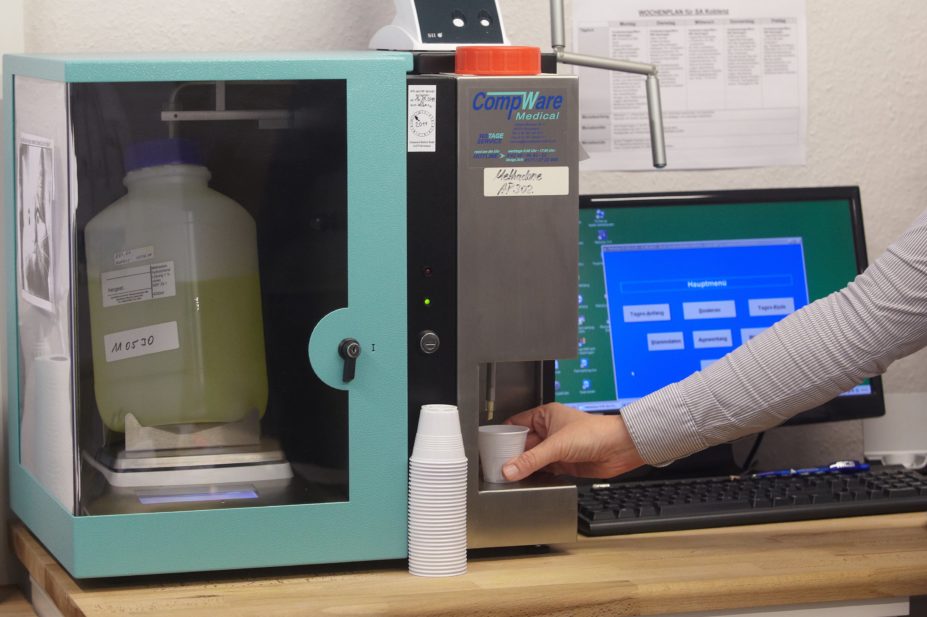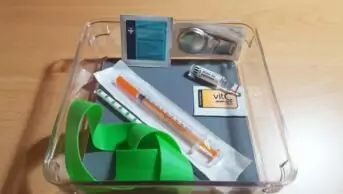
imageBROKER / Alamy Stock Photo
Reports of lost, stolen or missing controlled drugs (CDs) in England increased by 19% between 2017/2018 and 2018/2019.
Figures obtained from the NHS England CD reporting tool by The Pharmaceutical Journal under the Freedom of Information Act have shown that 1,387 instances of lost, stolen or missing CDs were reported in 2018/2019, compared to 1,161 in 2017/2018.
The figures also highlight wide variation between regions — there were 396 reports of lost, stolen or missing CDs recorded in the Greater Manchester region, compared with 62 in the West Midlands.
However, this variation could be, in part, a result of variation in how well implemented the reporting tool is in different regions. Greater Manchester, for example, developed and implemented the NHS England CD reporting tool in 2014, while other areas only started fully using the tool in 2018.
Incidents are reported by both NHS and private organisations to NHS England’s controlled drug accountable officers (CDAOs), who are then required to report concerns via the reporting tool.
In July 2019, the Care Quality Commission’s annual report on the safer management of CDs said that the monitoring of incidents involving CDs was “insufficient” and that diversion (transfer from the individual for who it was prescribed to another person, often to sell or for illicit use) of lower schedule CDs was “a concern”.
For the first time, the report showed that in 2018/2019, there were 2,899 “unaccounted losses” of CDs reported to CDAOs, with methadone loss being the most common at 925 reported cases, followed by 640 reports of morphine and 386 reports of oxycodone.
A spokesperson for NHS England said the figures showed that the reporting tool was working. “Increased use of a reporting tool means the NHS is more aware of incidents when they happen and can take steps to prevent future errors,” they explained.
Karen O’Brien, CDAO for the Greater Manchester area, said: “We have developed a strong culture of reporting every incident using the tool, in order to encourage openness and learning from every incident. We do all share our experiences with each other and I believe the message of an improving culture is growing rapidly across localities.”
However, Jon Hayhurst, head of pharmacy and CDAO and medication safety officer at NHS England and NHS Improvement South West, said that there was “huge variation” across the country when it came to reporting, and that many incidents were not reported in a timely way. He stressed that healthcare professionals should report all incidents, no matter how trivial they seem.


